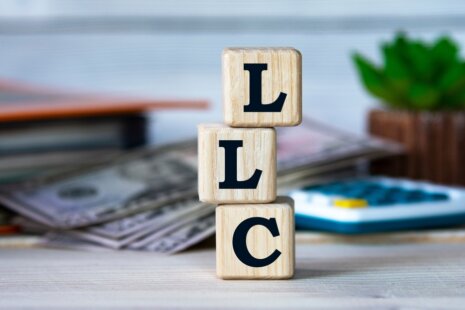The ability of an LLC owner to pay themselves a salary, commonly referred to as “taking a payroll,” depends on several factors, including the LLC’s tax classification and the owner’s role in the company. Here are some key considerations:
- Tax Classification:
- By default, a single-member LLC (where there is only one owner) is treated as a “disregarded entity” for tax purposes. This means that the IRS does not recognize the LLC as a separate tax entity, and the owner reports business income on their personal tax return. In this case, the owner typically does not pay themselves a traditional salary.
- If the LLC elects to be taxed as an S corporation, the owner may pay themselves a reasonable salary. S corporations are subject to employment taxes, and the owner must receive “reasonable compensation” for the services they provide to the business.
- If the LLC elects to be taxed as a C corporation, the owner may also receive a salary. In this case, the corporation is a separate tax entity, and the owner is considered an employee of the corporation.
- Role and Responsibilities:
- In a single-member LLC, the owner is often considered self-employed, and any profits or losses of the business are reported on the owner’s individual tax return using Schedule C.
- In a multi-member LLC or an LLC taxed as a partnership, the owners (members) typically share in the profits and losses according to their ownership percentage. While members may receive distributions of profits, these are not considered traditional salaries.
- S Corporation and Reasonable Compensation:
- If the LLC has elected S corporation status, the owner may choose to receive compensation in the form of a salary. This salary is subject to payroll taxes, including Social Security and Medicare.
- The IRS requires that S corporation owners pay themselves a “reasonable salary” for the services they provide to the company. This is to prevent owners from avoiding payroll taxes by classifying all income as distributions.
- Distribution of Profits:
- In addition to (or instead of) receiving a salary, LLC owners, regardless of tax classification, often receive profits through distributions. Distributions are a way to share the profits of the business among the owners.
- Distributions are generally not subject to payroll taxes, but owners should ensure they have sufficient basis in the business to receive tax-favorable distributions.
- Consult with Professionals:
- Tax laws and regulations can be complex, and the best approach may depend on various factors specific to your business and personal situation. Consulting with a tax professional or accountant is recommended to ensure compliance with tax laws and to optimize your compensation strategy.
The ability of an LLC owner to pay themselves a salary depends on the tax classification of the LLC and the owner’s role in the business. Consulting with tax professionals will help ensure that the compensation structure aligns with legal and tax requirements.




